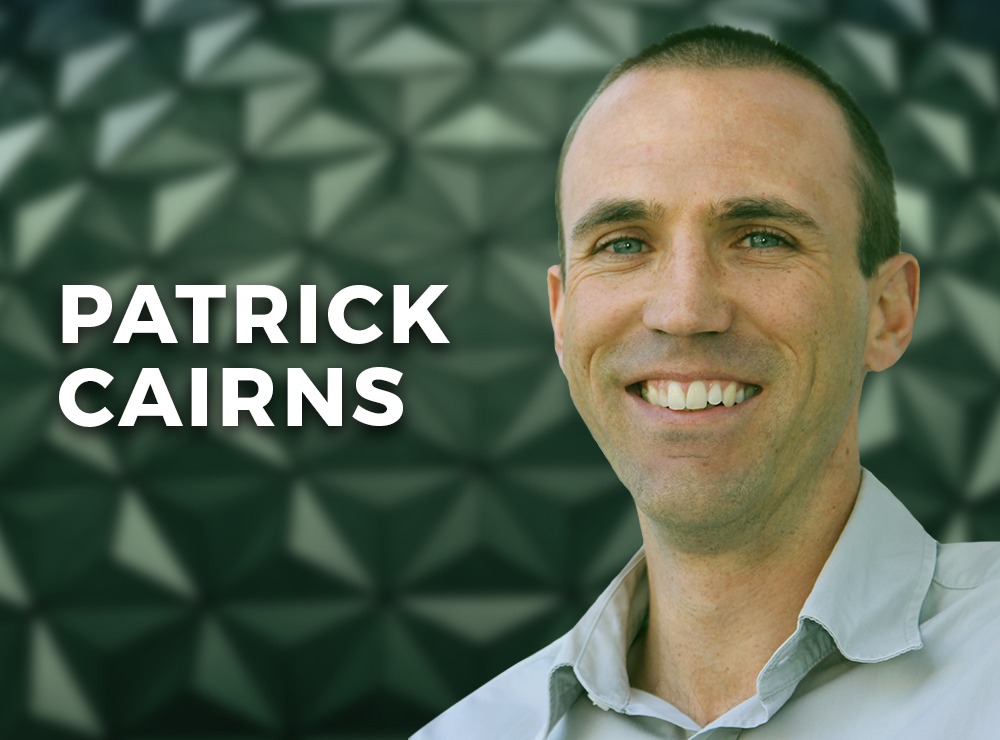
By PATRICK CAIRNS
It has been said many times in the lead up to the US election how polarised American politics has become. Democrats and Republicans appear to be living in two different worlds, unable to agree on anything.
If one party proposes an idea, it is almost certain that the other will argue for the opposite. It seems that this is true, regardless of the merit of the idea.
It is an environment fostering one of the most unpleasant election campaigns in history. The argument has almost entirely come down to how horrible the other side is, rather than debating the merits of their ideas.
The need to belong
What is playing out in the US is what social psychologists refer to as ‘tribalism’. It is a human tendency to want to belong to a group.
This is an important part of being human. As social animals, humans have always lived in communities of some sort, and having a shared identity is important for keeping these groups together.
Human civilisation is dependent on this idea. The ability to co-operate, to build complex social systems, and to protect each other is what has made our species so successful.
Absurdity
Where it becomes problematic, however, is when membership of the group becomes an end in itself. This is what is apparent in much of American politics. Everything from objective truth to long-held values has been diminished in significance. The only thing that matters is belonging to the group.
The absurdity of this kind of tribalism was captured by Jonathan Swift in Gulliver’s Travels, which he wrote nearly 300 years ago. While in Lilliput, Gulliver learns that the country is at war with the nearby island of Blefuscu. This war, he is told, began over how people cut open boiled eggs.
In Lilliput there is a law that people must cut open their boiled eggs at the small, pointed end. But the Big-Enders, who defy the law and cut open their boiled eggs at the big end, have treacherously joined with the king of Blefuscu to overthrow the king of Lilliput.
Identity
Going to war over how you eat your boiled eggs is, of course, silly. What Swift was highlighting was that meaningful and substantial ideas had been set aside in Lilliput for the sake of belonging to one of these two groups.
The same is largely true in American politics. It is impossible that every person who has or is going to vote the Republican party supports every one of its positions. It is equally as impossible that ever vote for a Democrat is fully committed to everything in their manifesto.
Many Republicans and many Democrats have similar principles and values. Most probably have far more in common than they have to set them apart.
Belonging to the group, however, precludes many of them from being able to appreciate this. Their identity is dependent on their loyalty to a particular side, and so their personal views become subservient to those of the group.
Reason
The result is that people go along with bad ideas, because they want to stay within the ‘tribe’. The comfort of being part of a group overrides their reason.
And this happens in investment decision making too.
Why did many people buy into bitcoin in 2017 when it was already in bubble territory? It is likely that for many, the decision had nothing to do with their own convictions. It was because people around them were doing it, and they wanted to show that they were part of that group.
Why do some financial advisers continue to insist on only using active managers when the weight of evidence in favour of indexation is beyond dispute? Again, it is likely that many of them are part of a peer group that clings to the idea of the superiority of active management, and that group identity is more powerful than the evidence.
Right for you
The fact is that, as humans, the need to be part of a group is a powerful incentive. It can significantly influence our behaviour.
It is as important to be aware of this when investing as anywhere else.
Are you making decisions based on the merit of the idea, or are you simply going along with what others are doing? Do you have real conviction in your approach, or are you just not wanting to be left out?
Sometimes bad ideas can have very powerful forces behind them. To be a successful long-term investor, however, you need to remember that investing is not a team sport. Your decisions always have to be the right ones for you, and you alone.
One of South Africa’s most respected financial journalists, PATRICK CAIRNS is a trusted commentator on the world of investments and the quirks of behavioural finance. Over more than a decade he has built a reputation for keeping the industry honest, and putting the interests of investors first.
If you’re interested in reading more of Patrick’s work, here are his most recent articles for TEBI:
There is such a thing as too much choice
Investing shouldn’t be a gamble
Do you think you’re smarter than Terry Smith?
What do investors and trial juries have in common?
Investing is not a competition
FIND AN ADVISER
Did you know that TEBI can put you in touch with an evidence-based financial adviser in your area?
If you’re looking for advice on your investments or on your financial situation in general, simply click on this link and enter your name and email address. You will then be sent a short questionnaire to complete. Your answers will enable us to identify a suitable firm for you to speak to.
We will only recommend advisers who share our evidence-based investment philosophy and who we know and trust. If we can’t help you we will tell you.
© The Evidence-Based Investor MMXX









